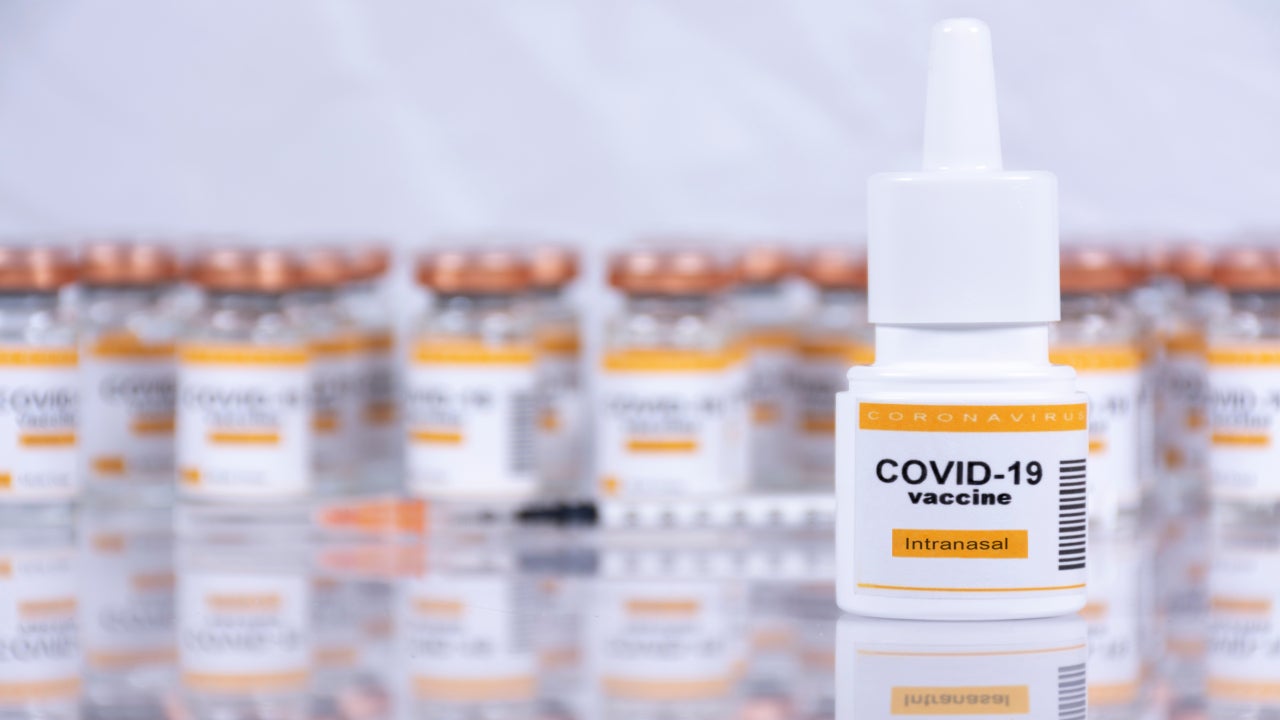Bharat Biotech is reviewing interim safety and immunogenicity data from a Phase I trial investigating its intranasal Covid-19 vaccine BBV154, with results planned for release this month, said Dr David Curiel, director, Biologics Therapeutics Centre, Washington University School of Medicine, St Louis. The data will cover information from around 30 participants who have received the single-dose, simian adenovirus-vectored vaccine some two months after administration, added Curiel, who codeveloped the vaccine and is involved in the analysis.
The analysis of the data in India has been done, with data cross check ongoing in the US, Curiel noted. Immunogenicity titers triggered by BBV154 will be compared with other Covid-19 vaccines already authorised, he added. The Phase I has a primary endpoint looking into safety and reactogenicity, with secondary endpoints looking into humoral and immune responses. An interim analysis will be performed at day 42, with data submitted to India’s Central Drugs Standard Control Organisation (CDSCO). The trial was approved in India in the first week of March.
On 23 September, Bharat locked in a licensing agreement with the Washington University School of Medicine for BBV154. Hyderabad, India-based Bharat owns the rights to distribute the vaccine in all markets except for the US, Japan and Europe. Curiel is one of the founders of Precision Virologics, which owns the rights in these territories. Bharat did not respond to a request for comment.
The Phase I’s 175 participants are divided into three groups. In group one, 70 volunteers will receive the single-dose vaccine on day 0 and a placebo on day 28. Meanwhile, 70 participants in group two will receive two doses of the vaccine with a 28-day gap. Some 35 participants in group 3 will receive placebo in both doses. Phase I is listed as having completed recruitment on the India Clinical Trials Registry website. Curiel said the country has a tight network of nurse practitioners, which makes recruiting participants straightforward.
At present, it is being discussed if single-dose BBV154 would require a booster dose to address variants of concern (VOCs), Curiel said. B.1.351, the VOC first discovered in South Africa, is being considered, he added. BBV154 features the spike protein from the original SARS-CoV-2 virus.
All eyes are on India with daily new Covid-19 cases breaking records, with local healthcare resources reaching a breaking point. India’s daily infection rates recently peaked on 31 April with 401,993 cases, while 357,316 new cases were reported yesterday (3 May), according to the Johns Hopkins Coronavirus Resource Centre. This is a significant jump from lows of around 9,000 daily new cases in February.

US Tariffs are shifting - will you react or anticipate?
Don’t let policy changes catch you off guard. Stay proactive with real-time data and expert analysis.
By GlobalDataIn January, Bharat’s other Covid-19 vaccine, Covaxin, drew international headlines when it secured emergency use authorisation in India under what was called “clinical trial mode.” This authorisation was due to the vaccine only having safety and immunogenicity data. Covaxin features an inactivated SARS-CoV-2 virus.
On 1 May, India opened Covid-19 vaccine use to people ages 18 years and above, though vaccine shortages in the country are widely reported. Serum Institute of India’s Covishield (SII-ChAdOx1 nCoV-19) and Russia’s Sputnik V, both adenovirus-vectored vaccines, are the two other Covid-19 vaccines authorised in India.
Reynald Castaneda is an Associate Editor for Clinical Trials Arena parent company GlobalData’s investigative journalism team. A version of this article originally appeared on the Insights module of GlobalData’s Pharmaceutical Intelligence Center. To access more articles like this, visit GlobalData.





